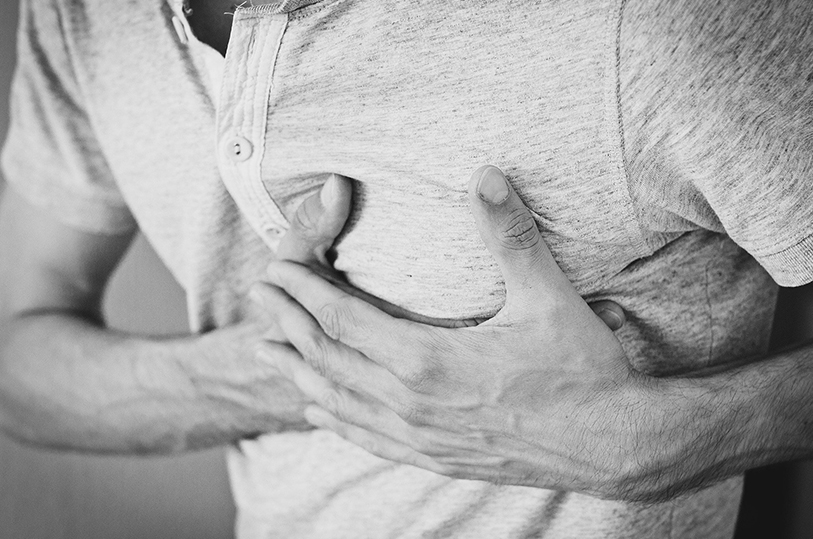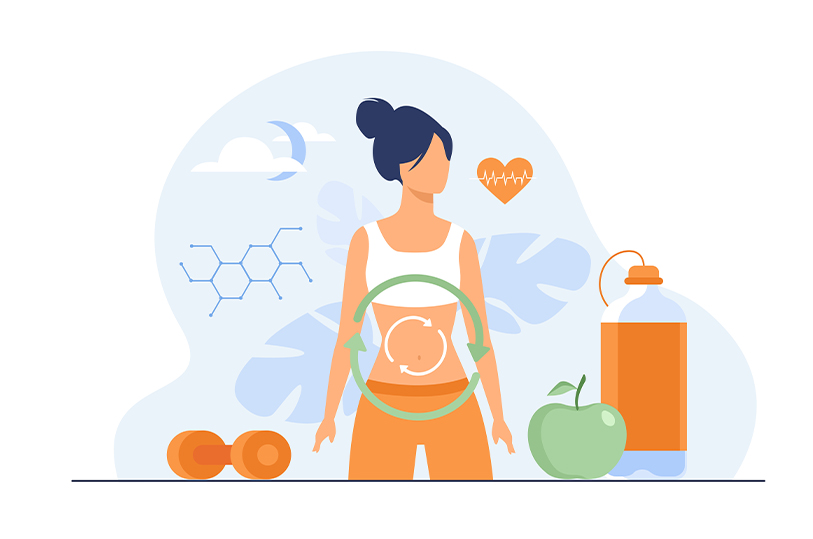
Dehydration: Symptoms, causes, and treatments
About dehydration
Dehydration happens when the body loses more fluid than it takes. When your body reduces the normal fluid, it upsets the balance of minerals in your body.
Water makes up over 60% of the healthy human body. It is mostly found in the body’s intracellular space (within the cells) and the others in the extracellular space. In the last one blood vessels (intravascular space) and the spaces between cells (interstitial space) come together.
Feeling thirsty already means being dehydrated. According to studies, less than 1% of dehydration can have negative effects on mood, memory, and motor coordination.
It’s a must to keep the body adequately hydrated so that your body can function properly.
Our body loses water every day by:
- breathing,
- sweating for body cooling,
- urinating or having a bowel movement.
What are the symptoms of dehydration?
Our body signals the dehydration by feeling thirsty. It obtains around 80% of total water from any beverage and the remaining 20% from food.
An adult’s dehydration symptoms differ from a child’s symptoms and here they are.
Adults early signs of dehydration include :
- Thirst
- Dark-colored, strong-smelling urine
- Dry or sticky mouth
- Passing urine less often than usual
- Dark yellow urine
- Tiredness
- Weakness
- Dry, cool skin
- Headache
- Muscle cramps, etc.
Symptoms for babies:
- Dry mouth and tongue
- Few or no tears when crying
- No wet diapers for 3 hours
- Sunken eyes, cheeks
- The soft spot on the head
- Sleepiness, lack of energy, or irritability
- Sunken soft spot on their head
- Listlessness or irritability, etc.
Dehydration can be mild or severe. You can usually cope with mild or moderate dehydration at home by drinking more water. But if you have severe dehydration, you need immediate medical treatment.
When to see a doctor
Call your doctor if you have these symptoms of severe dehydration (loss of 10-15% of the body’s water).
- Lack of sweating
- Sunken eyes
- Shriveled and dry skin
- Low blood pressure
- Increased heart rate
- Fever
- Diarrhea for 24 hours or more
- Unconsciousness and much sleepier or less active than usual
- Bloody or black stool, etc.
What causes dehydration?
The basic cause of dehydration is not drinking enough fluid to replace what we lose. Sometimes you may be busy enough to remember about drinking water, or don’t realize you are thirsty. Having throat or mouth sores are other reasons to forget drinking water.
Dehydration causes may include:
- Diarrhea
- Vomiting
- Fever
- Increased sweating
- Frequent urination
What is the treatment for dehydration?
Fluid replacement is the main treatment for dehydration. For treatment, consider consuming these types of drinks:
- water,
- clear broths,
- jell-O,
- ice pops,
- sports drinks and other electrolytes containing fluid (such as Gatorade, Pedialyte, Powerade, etc).
Your body’s organs, cells, and tissues fail to function properly when you lose too much fluid. It can lead to dangerous complications. In order to avoid this situation keep your body hydrated. Drink fluids, or eat water-rich foods. If you have any questions about being hydrated throughout the day, avoiding dehydration, having any symptoms or anything about this theme, feel free to contact!





